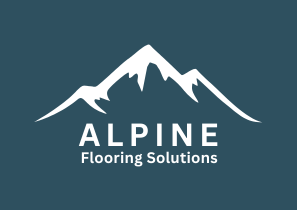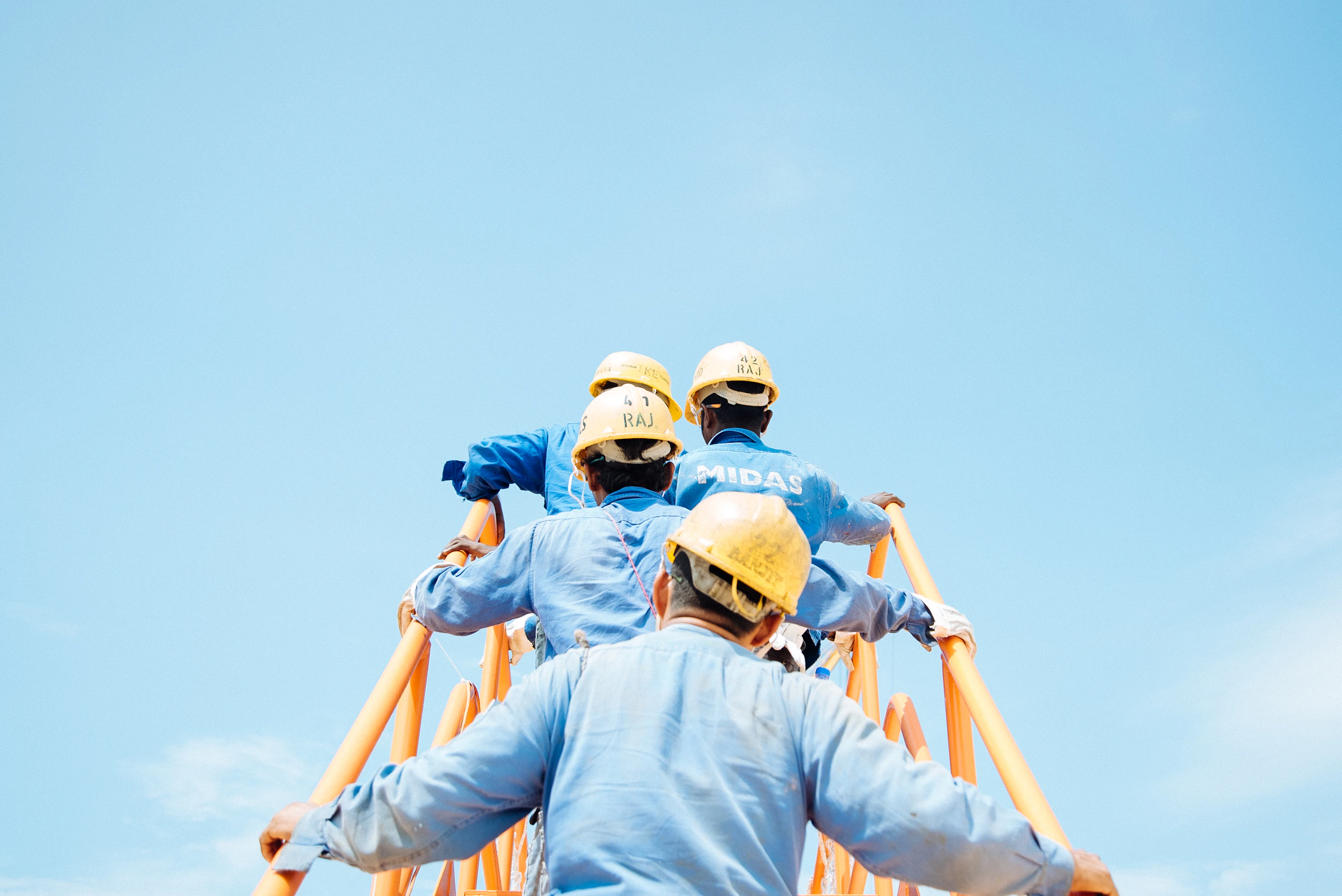DIY vs Professional Epoxy Floors
15 July 2025
DIY vs Professional Epoxy Floors
Are you thinking of upgrading your garage, basement, or commercial space with a sleek and durable epoxy floor? Epoxy flooring has surged in popularity due to its resistance to wear, chemical spills, and heavy traffic—not to mention its beautiful, glossy finish.
But one key question stands between you and your new floor:
Should you do it yourself, or hire a professional?
While DIY epoxy kits are widely available and may seem cost-effective, the true difference between DIY and professional epoxy flooring goes much deeper than just the price tag.
Here’s a full comparison to help you decide which route is best for your needs, budget, and long-term satisfaction.
1. Surface Preparation: The Foundation for a Long-Lasting Floor
DIY:
Surface prep is the most overlooked step in DIY installations—and the most important. Many kits will tell you to just clean the floor and use a basic acid wash. However, concrete is porous and often full of dirt, grease, oil stains, or old paint, all of which interfere with epoxy adhesion.
Without proper preparation, the epoxy won’t bind to the concrete, leading to:
- Peeling within months
- Bubbling and blistering
- Uneven coverage and patches
Most DIYers lack access to industrial grinders and vacuum systems, making it very difficult to achieve the ideal surface profile.
Professional:
Professional installers begin every job with a thorough surface assessment. They will prepare the surface, removing all contaminants and opening the pores of the concrete.
They will also check for:
- Cracks that need filling
- Moisture issues
- Surface irregularities
This prep work is critical to ensure the epoxy bonds perfectly—and stays bonded for years.
2. Product Quality: The Epoxy Formula Matters
DIY:
DIY epoxy kits typically contain water-based or low-solids epoxy, which is easier to apply but lacks the durability of professional-grade products.
These kits:
- Are thinner
- Contain more solvent, which evaporates
- Don’t hold up well under vehicle weight or heavy tools
As a result, they’re prone to scratching, fading, and even lifting under hot tires
Professional:
Professionals use 100% solids epoxy, depending on the application. These coatings:
- Are up to 10x thicker than DIY kits
- Do not evaporate, so what’s applied is what stays
- Have better resistance to chemicals, UV rays, heat, and abrasion
Additionally, pros often apply multi-layer systems, including:
- Epoxy base coat
- Epoxy design coat
- Topcoat
You simply cannot replicate this kind of system with a retail DIY kit.
3. Time and Labor: How Much is Your Time Worth?
🛠️ DIY:
A DIY epoxy job might look simple on YouTube, but in reality, it's a multi-day process, especially if you are starting from scratch.
You will need to:
- Buy required tools
- Clean thoroughly and degrease
- Prepare the surface
- Mix epoxy precisely and quickly
- Apply multiple coats with long curing times in between
If you miss a step, you might have to strip everything and start over.
Professional:
Most professional installers can complete a job in 3–4 days, depending on the size and number of coats required.
They arrive with a team, specialized tools, and a system honed from experience.
You do not lift a finger—except to open your door when they arrive.
4. Appearance and Finish: The Wow Factor
DIY:
Even if you're careful, applying epoxy by hand as a beginner can be tricky:
- Roller marks and brush streaks
- Missed patches or bubbles
- Edges that peel due to improper sealing
You may also be limited to just a few colors or finishes offered by retail kits.
Professional:
Professionals deliver a smooth, glass-like finish that’s visually flawless and functionally tough. You also get access to:
- Metallic epoxy effects
- Custom colors
- Anti-slip textures
They use specialised tools designed specifically for even application, ensuring the floor looks as good as it performs.
5. Cost: Upfront VS Long term Value
DIY Cost Breakdown:
- DIY kit: $200–$400
- Specialised: $100–$200
- Time: 5–7 days of labor
Total: ~$300–$600+
BUT—if something goes wrong, you might need to re-do the job or pay a pro later, costing even more.
Professional Installation:
- Average cost: $1,500–$3,000 (varies by size, region, and system used)
- Time: Completed in 3–4 days
- Includes warranty, quality materials, preparation and labor
While the initial cost is higher, a professional job can last 10–20 years with little maintenance—especially in high-traffic or vehicle-heavy areas like bathrooms and kitchens.
6. Final Thoughts: Which Option is Right for You?
Choose DIY if:
- You are coating a small, low-use and straightforward space
- You enjoy home improvement projects
- You are okay with potential imperfections
Choose Professional if:
- You want a flawless, high-performance finish
- You are coating a high-traffic usage area
- You want peace of mind and long-term durability
Conclusion
If you are serious about epoxy flooring that lasts and looks incredible, it’s worth investing in a professional.
At Alpine Flooring Solutions, we specialize in professional epoxy floor installations that are tailored to your specific needs and preferences. Contact us today to schedule your consultation and learn more about how epoxy flooring can enhance your space! We offer complimentary on-site consultations, where our experts assess your flooring needs and provide samples, suggestions, and a no-obligation quote.
Alpine Flooring Solutions
Whatsapp or Call: +65 80684605
Instagram/Tiktok: @alpineflooring.sg

